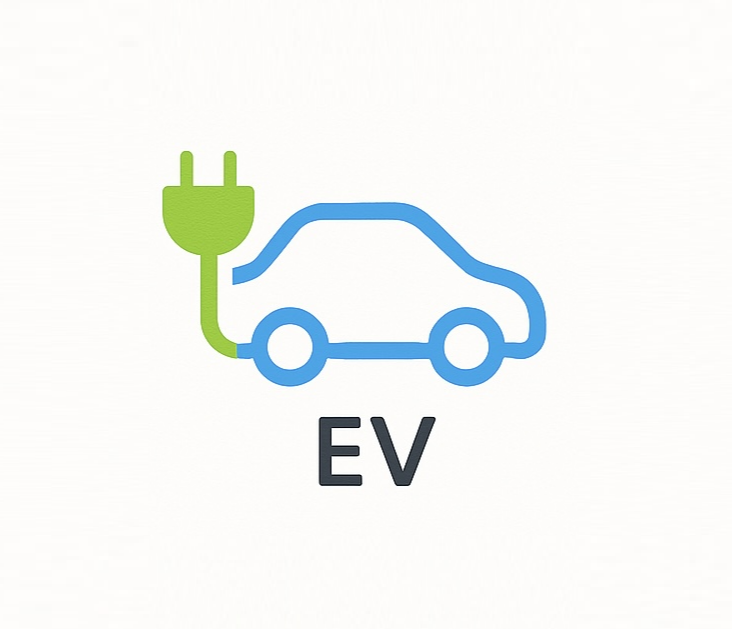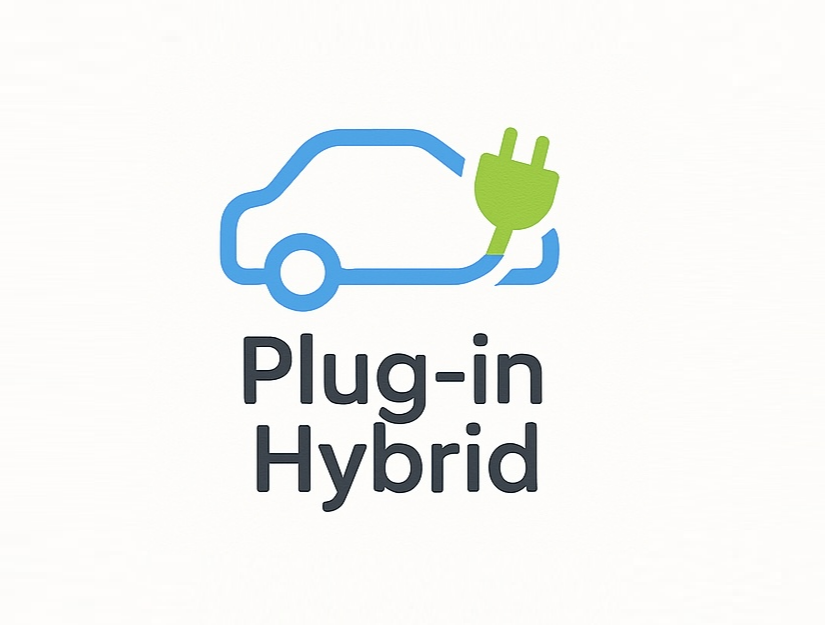Cupra Born
Electric, sporty, and stylish – drive green without losing the thrill, every day, everywhere.
Check out our most popular used EVs
Electric, sporty, and stylish – drive green without losing the thrill, every day, everywhere.
Premium electric SUV, smooth, powerful, with signature BMW luxury, comfort, and cutting-edge technology.
Fast becoming an icon of the EV world, the Model 3 boasts superior comfort and performance. Perfect for long distances.
An electric take on a modern-day classic, you can’t go wrong with the understated elegance of a Corsa. A practical hatchback that can do it all.
Explore Options from All-Electric to 0% Finance and EVs Under £300/Month
Browse our entire collection of electric vehicles, from budget-friendly runarounds to futuristic motorway-munchers. Whether you’re looking for the longest range, the largest boot or fastest charging, we have a used EV to suit your needs. Or you might simply want something that’s blue. You can find that too. Check out our selection of used EVs now.
Going green doesn’t have to break the bank. In fact, your wallet might actually thank you. Forget interest with these 0% financing deals, and get your dream used EV – and all the economic value that comes with electric cars – for a cracking monthly price. Browse all zero-interest used EVs now.
Secure an absolute bargain with these used EVs for under £300 per month. These options deliver the eco-friendly and high-tech edge that comes with EVs at an extremely affordable price. Browse these budget-friendly used electric vehicles now and save money on both monthly payments and running costs.
Luxury electric vehicles blend advanced tech, premium design, and eco-friendly benefits. With options from Tesla, Jaguar, and BMW, there’s an EV to suit every style. Go greener and drive in luxury with a used EV from CarSupermarket.com.
Best used EVs under £20,000
Thinking about switching to an electric vehicle but don’t want to break the bank?
The good news is that there’s now a wide selection of high-quality used EVs available for under £20,000 in the UK. Whether you’re after a city run-around, a family-friendly SUV, or something with a bit of tech flair, there’s an electric car out there that fits the bill - without blowing your budget.
At CarSupermarket.com, we’ve picked out our favourite EVs that combine practicality, reliability and build quality – all for under £20,000.

Explore Our Range of Electric Vehicles
Drive Further, Charge Less - Explore our Long Range EVs, perfect for longer journeys with fewer stops. Enjoy the freedom to drive further with advanced batteries that maximise every charge, so you can focus on the road ahead without the hassle of frequent charging.
Power Meets Efficiency - Discover our SUV & 4x4 EVs, offering the perfect blend of power, space, and sustainability. With robust performance and all-wheel drive, these electric SUVs are ready for any adventure, providing confidence and capability wherever you go.
Compact Cars, Big Impact - Browse our range of Small & City EVs, designed for easy, efficient urban driving. These compact electric vehicles make navigating city streets and tight spaces a breeze, all while offering sustainable performance and modern features.
Spacious, Safe, and Affordable Electric Family Cars - Family cars are all about space, safety, and comfort. Packed with smart features and tech, they're perfect for family life, from school runs to road trips. Stay safe and entertained, wherever you go!
Explore our used electric hatchbacks, perfect for city driving and everyday convenience. With compact size, easy access boot space, and all-electric efficiency, they offer low running costs without losing practicality. Shop trusted models from Nissan, Renault, BMW, and more, all fully inspected and ready to drive away.
The saloon is a classic choice for business drivers, known for brands like Mercedes, BMW, and Audi. At CarSupermarket.com, you will find used electric saloons from Tesla, Polestar, and more, offering great range and sleek aerodynamics. Their low profile makes them more efficient, helping you go further on a charge.
Ready to Go Electric? We’re Here to Help - Why CarSupermarket.com?
Thinking about making the switch to an electric car? You’re in the right place. At CarSupermarket.com, we make buying a used EV easy, affordable and surprisingly enjoyable. Here’s what makes us stand out:
Super Choice - Whether you’re after a compact EV for city driving or something roomier for family life, we’ve got loads of options to choose from. Our range covers all the big brands and the latest tech, so you’re sure to find something that fits your lifestyle and your budget.
Super Prices - We work hard to keep our prices competitive, so you get real value without cutting corners. With us, you can pick up a quality used electric vehicle for less than you might think.
Super Knowledge - Our team knows EVs inside out. We’ll give you the full lowdown on battery range, charging times, performance and all the clever features that come with each model. No jargon, just honest info to help you make the right choice.
Super Easy - From start to finish, we make the whole process simple. Need help with finance? Got questions about charging at home? No worries. We’re here to make your EV journey smooth from the moment you start browsing to the moment you drive away.

Brought to you by our experts here at CarSupermarket.com
Charging Your Used EV: Home charging is the most cost-effective, perfect for overnight top-ups. Rapid chargers near motorways give you a quick 30-minute boost, while slower chargers are cheaper and sometimes even free. Keep your battery between 20% and 80% to extend its lifespan.
Running Costs of a Used EV: Installing a home charger costs around £1,000, with up to £350 available through the EV Homecharge Scheme. Charging at home typically costs £12–£18, while public chargers are £25–£30. EVs cost less to maintain, and batteries last 15–20 years. From April 2025, road tax will be £10 for the first year, then £195 annually.
Driving an EV in Cold Weather: To maximise battery range in winter, keep the cabin warm without using too much power, and ensure your EV is ready for icy roads. With a few simple tips, you can drive smoothly and stress-free, no matter how cold it gets.
Driving Smarter in UK Cities: Clean Air Zones (CAZ) and Low Emission Zones (LEZ) impact how and where you drive in major UK cities. Choosing a used, ULEZ-compliant vehicle can help you save on charges and reduce emissions, making your driving more sustainable.
Electric cars have become an attractive choice thanks to cheaper charging costs and lower running expenses. While EVs have often enjoyed road tax exemptions, changes to UK road tax rules mean this won’t always be the case. It’s important to understand what this means for you as an electric car owner. Keep reading to find out about the current road tax situation, upcoming changes, and how they might impact your electric vehicle.
Switching to an electric car can save you money on running costs and charging. But with a salary sacrifice scheme, you can save even more by reducing your tax and National Insurance contributions. In this guide, CarSupermarket.com's experts explain how salary sacrifice schemes work for both new and reconditioned electric vehicles (EVs) and how you can benefit.
Thinking about towing with your electric car? From understanding towing capacities to battery performance and UK-specific laws, we’ve got all the details you need. Whether you’re planning to tow a trailer, caravan, or bike rack, this guide will help you make the most of your electric vehicle. Let's get you on the road with confidence!
Thinking about switching to an electric car but unsure about the costs? There are several UK grants that could make things easier, especially when it comes to home chargers, workplace setups, or even business fleets. Whether you’re a driver, a landlord, or running a business, there’s a good chance you might qualify for some help. In this guide, CarSupermarket.com’s experts break down the current EV grants available in 2025, so you can find out exactly what support is out there and how to make the most of it.
Thinking about going greener with your next car? Whether you're considering a fully electric vehicle (EV) or a hybrid, it helps to understand how they work, what they cost to run, and which one fits your lifestyle best. In this guide, we’ll break down the key differences between hybrids and EVs, from fuel savings and charging to performance and emissions, so you can make a smart choice with confidence.
EVs and plug in hybrids still tend to be cheaper to run, pound for pound, than equivalent petrol and diesel cars, especially if you charge at home on a good tariff. Electricity has VAT but no fuel duty, while petrol and diesel include fuel duty and VAT in every litre.
Comparing Key Features

Pure Electric Driving - Powered by an electric motor and recharged by an external power source.

Rechargeable Electric Range - Drives using an electric motor and an internal combustion engine (ICE), or both. These vehicles can switch between power modes and are recharged by an external power source.

Petrol and Electric Synergy - Drives using an electric motor and an internal combustion engine (ICE), or both. These vehicles can switch between power modes but unlike PHEVs, they can only run on a self-charging electric motor for a short period.

Electric Assistance for Better Efficiency - Drives primarily with an internal combustion engine (ICE), but with a small electric motor to support performance and efficiency. These aren’t charged by an external power source and can’t use the electric motor independently to drive.
Top 10 Common FAQs About Used EVs
How long does it take to charge a used EV?
How far can a used EV travel on a single charge?
Are there enough charging stations in the UK?
How do used EVs perform in cold weather?
Are used EVs really cheaper to run than petrol or diesel cars?
How long do EV batteries last?
Which EV has the longest range?
How much does it cost to charge an EV?
Is EV charging free?
Do EVs pay road tax?
EV Myths
EV Jargon
Range
How EVs Work
Battery Life

All you need to know about maintaining your EV with CarSupermarket.com

How to Service Your EV and Manage Your Warranty
Are you considering a used EV and need some more insight to help you make an informed decision? Get in touch with our expert team today.
There has never been a better time to sell or part-ex your car